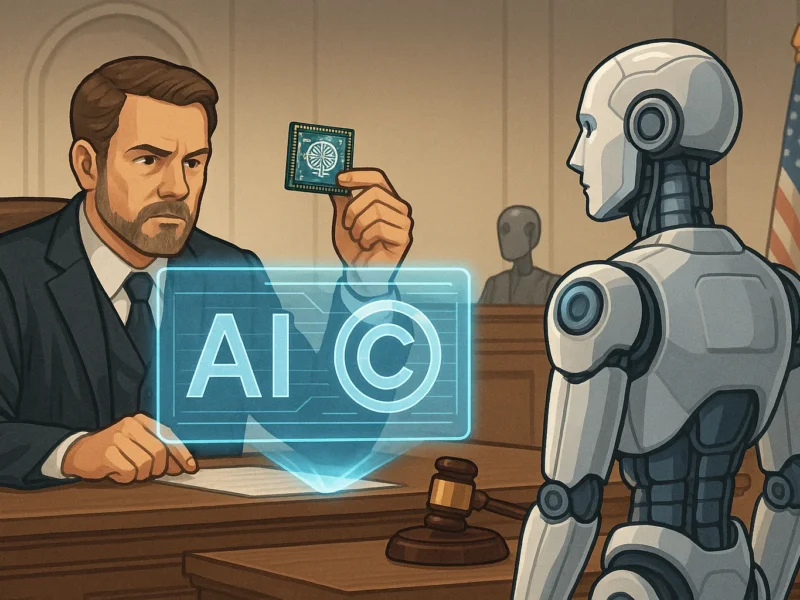Who truly owns a work created by an algorithm? If an image, song, or text is generated by a machine, can it be protected by copyright? Artificial intelligence is reshaping not only how we create, but also how we define intellectual property. In recent months, several real-world cases have raised profound legal and ethical questions. Let’s explore three of the most talked-about examples.
The Zarya of the Dawn Case: AI Art vs. the Copyright Office
In 2022, Kris Kashtanova submitted to the copyright office, the u.s., a comic named The dawn of the Dawn, generated with the help of Midjourney. The recording was initially accepted, but later revoked in accordance with the Copyright Office, the images created by THE not may be protected by copyright because of the lack of the“authorship " human”. Kashtanova noted that the composition, the screenplay and direction were entirely his, but this was not enough. The case has opened up an international debate: where is the end of the human work and where to start the algorithmic?
Stability AI vs. Getty Images: Training Data on Trial
Another widely discussed case involves Stability AI, the company behind Stable Diffusion. Getty Images sued them, alleging that millions of copyrighted photos were used to train the algorithm without permission. This cuts to the core of the debate: is it legal to use protected content for AI training even if the final result is “original”?
This case also connects to the already published article on La Bussola dell'IA, “IA and copyright” in which we examined the dilemmas legal, and technology connected to the theme.
Drake's AI Clone: The Song That Wasn’t Real
In 2023, a song featuring voices eerily similar to Drake and The Weeknd went viral on TikTok. The catch? It wasn’t them. The track had been entirely generated by an AI. Once identified, the song was taken down from platforms like Spotify at the label’s request but not before millions had listened. Who owns the rights to a song that mimics a real artist’s voice? Is it parody, homage, or outright infringement?
This case raises emerging questions about vocal likeness and identity rights areas largely unregulated in current legal frameworks, especially in Europe.
Between Law and Ethics: Exploring a Gray Zone
These stories highlight how current laws struggle to keep pace with technological change. Copyright law, born in the analog era, falters when faced with hybrid creations that combine human intent with machine output. It’s no surprise the EU’s proposed AI Act has begun addressing transparency and accountability for AI-generated content. 【link esterno utile: Proposal for a regulation TO the Act – EUR-Lex】.
Ethical concerns also abound. If a machine can imitate Van Gogh, Chopin, or Stephen King—what happens to the value of human creativity? And more urgently: who should profit from this kind of content?
On La Bussola dell'IA we have already dealt with the relationship between technology and imagination in the article “AI and creativity” you'll want to read for the big picture.
An Ongoing Challenge
AI is rewriting the rules of creative ownership. Copyright law is one of the areas most vulnerable to this shift but also one of the most fascinating. These three cases show that we don’t yet have clear answers. But one thing is certain: the line between innovation and abuse must be drawn preferably before it's too late.
